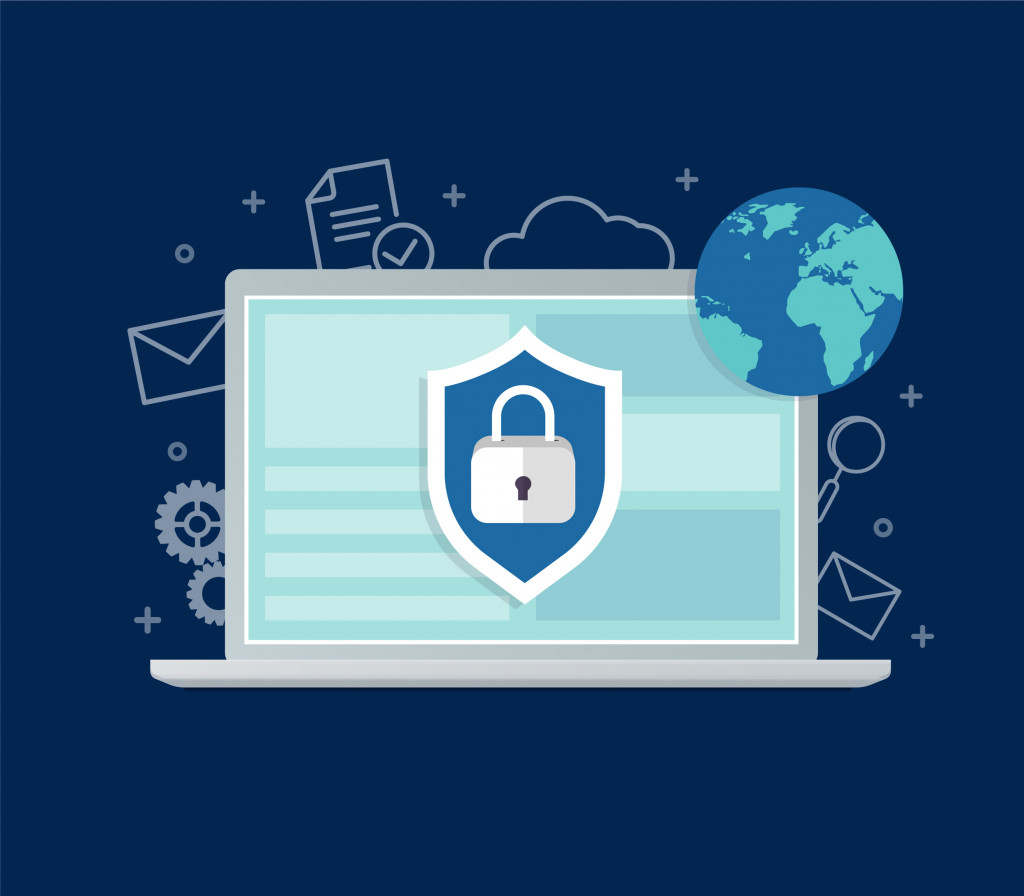- Switch to open-source software for cost-effective alternatives to proprietary software. You can customize the software to suit your specific needs.
- Adopt a BYOD policy that eliminates the need to purchase and maintain multiple technical devices, saving costs significantly.
- Migrate to cloud-based services to benefit from scalability. Investing in a block storage auto-scaler can help you with this.
- Review subscriptions regularly to eliminate redundant subscriptions, reduce costs, and free up funds for more critical business needs.
- Outsource IT services to an external service provider to benefit from their expertise and experience in hardware maintenance and cybersecurity.
In today’s fast-paced business world, technology has become an essential part of every successful company. From productivity tools to cloud-based services, the role of technology in modern business cannot be overstated.
With the increasing competition in the market, cost-cutting is one of the most significant concerns for small and large businesses alike. In this blog post, you will learn ways in which you can save on your business’s tech applications and boost your bottom line.
Switch to Open Source Software
Open Source Software provides a cost-effective alternative to proprietary software packages used in most businesses. You can get access to a range of software products and enjoy the same functionalities as proprietary software without incurring expensive licensing fees. Open-source software can also be fully customized to suit your specific needs, eliminating the need to purchase additional features that are not required.
Adopt a BYOD (Bring Your Own Device) Policy
The rising popularity of personal devices like smartphones, tablets, and laptops has resulted in the BYOD trend becoming increasingly popular among businesses. A BYOD policy eliminates the need to purchase and maintain multiple technical devices and software licenses, thus reducing costs significantly. With the necessary access rights, employees can securely access their work applications from their personal devices.
Migrate to Cloud-Based Services

Migrating your business’s infrastructure to cloud-based services provides several cost benefits. Cloud-based service providers offer base packages that can be scaled up or down depending on your business’s current requirements. Cloud services can also eliminate the need for expensive physical infrastructure, making it ideal for small businesses.
Additionally, many cloud providers offer reserved instances, providing you the opportunity to secure lower prices for long-term projects. But if you want to ensure you always commit to reserved instances, consider investing in a block storage auto-scaler. This will help you save on storage costs and ensure that your systems are always running optimally. This can be especially beneficial for businesses that experience sudden or unexpected growth.
Review Your Subscriptions
Companies often subscribe to various software and service packages free trials to test their suitability. Once the trial period ends, the subscription is automatically renewed, even if the software isn’t providing any value to the company. Companies need to review their subscriptions regularly to eliminate redundant subscriptions, reduce costs, and free up funds for more critical business needs.
Outsource Your IT Services
Outsourcing your IT services to a third party can provide several advantages to businesses. An external IT service provider can provide you with the following benefits:
Hardware maintenance
Hardware maintenance is a tedious and expensive process. IT service providers can take care of all the hardware-related issues and reduce your maintenance costs significantly. Hardware maintenance is also a time-consuming process. Outsourcing this task will free up your time so that you can focus on core business operations.
Software support
Software support is essential for businesses to ensure they are always up-to-date with the latest technology. With an external IT provider, you can get access to their expertise and experience in addition to any maintenance or upgrade services you might need.
Cybersecurity

Cybersecurity is a major concern for businesses, especially those dealing with confidential data. An experienced IT service provider can provide you with the necessary tools and strategies to ensure your business’s security without any additional costs.
Business continuity management
Business continuity management is essential for any business, big or small. An external IT service provider can help you with disaster recovery plans and strategies so that your business operations remain uninterrupted in the event of a disaster.
By employing the help of a trusted IT service provider, you can save money and time on otherwise expensive processes.
Leveraging technology for your business is key to staying competitive and cost-effective. By switching to open-source software, adopting a BYOD policy, migrating to cloud services, reviewing subscriptions regularly, and outsourcing IT services, businesses can save on their tech applications in various ways that will help boost the bottom line. With these strategies in place, you’ll be able to stay ahead of the competition while keeping costs low – making sure that your business remains profitable no matter what market changes come its way.

